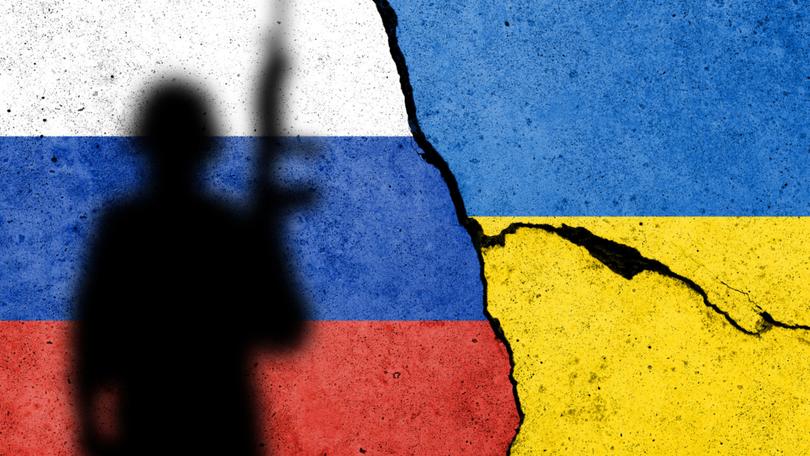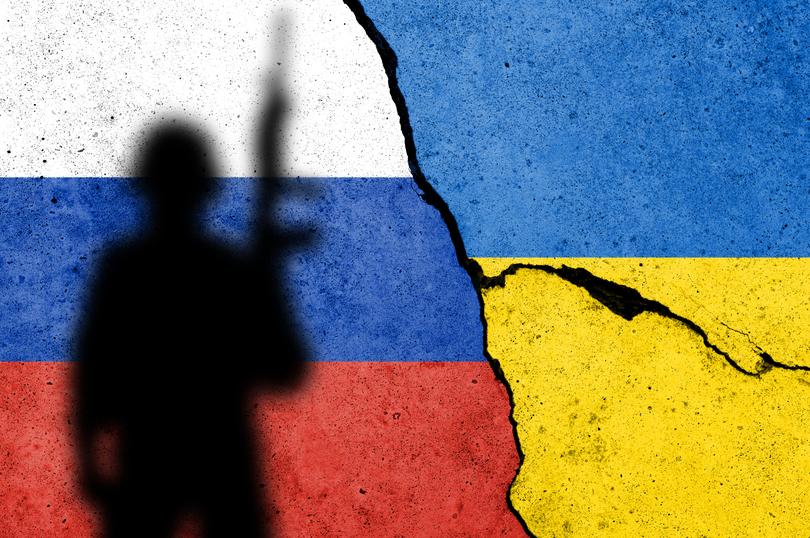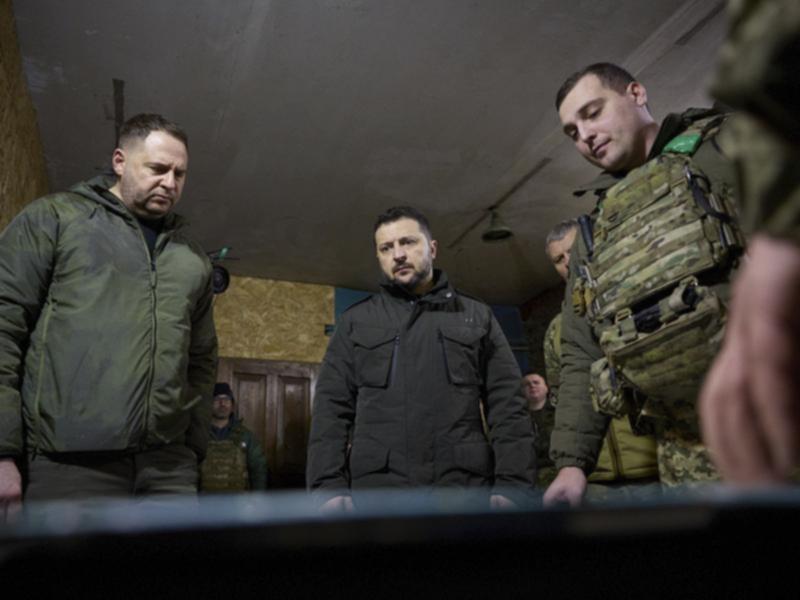The Economist: Sanctions are not the way to fight Vladimir Putin
Financial warfare is not a substitute for sending Ukraine the money and arms it needs.

As Ukraine’s war against Russia enters a third year, lawmakers in Washington are arguing over whether to send military aid. America has fewer doubts about waging a financial campaign against Vladimir Putin. Having targeted Russian entities, it is threatening “secondary sanctions” on their foreign abettors. In December the White House said it would put the dollar system out of bounds for any bank found to be helping Russia gain access to sensitive goods.
After the prison-murder of Alexei Navalny, Russia’s main opposition leader, it is due to announce fresh sanctions later this week. On February 21st the European Union agreed on its 13th round of sanctions against Russia, punishing Chinese and Indian firms found to be helping Mr Putin’s war effort. The trouble is, sanctions are not working well.

Sign up to The Nightly's newsletters.
Get the first look at the digital newspaper, curated daily stories and breaking headlines delivered to your inbox.
By continuing you agree to our Terms and Privacy Policy.Since February 2022 America, Europe and their allies have together deployed sanctions against more than 16,500 Russian targets. They have sought variously to curb Russian oil revenues, ban the export of sensitive goods to the country, freeze the central bank’s reserves and cut some Russian banks off from the global financial system. The idea was to use the West’s clout over the global trading and financial system to prevent Mr Putin from obtaining the technology and the hard currency he needed to sustain his war effort. The array of sanctions aimed at one of the world’s largest economies was widely hailed as unprecedented; The Economist warned that the ensuing shock could lead to a cash crunch or even a coup.
The reality has proved drastically different. Russia’s economy has been more resilient, and the sanctions effort much leakier, than hoped. Soon after the war began, the IMF expected Russian GDP to shrink by more than a tenth between 2021 and 2023. By October last year it reckoned that output in 2023 may in fact have risen slightly over the same period. Moreover, the war has shown just how quickly global trade and financial flows find a path around barriers that are put in their way.
Take the trade in crude oil. In 2022 around 60% of western Russian crude was transported in European tankers. Then a price cap imposed by the g7 banned its carriers from shipping Russian oil unless it traded for less than $60 a barrel. In response a shadow infrastructure developed that is well outside the control of the West, and which carries much of Russia’s oil at a higher price. More oil is being traded in Dubai and Hong Kong, instead of Geneva. The West’s grasp on the global energy order has slipped.
Financial warfare is not a substitute for sending Ukraine the money and arms it needs.
Other trade flows have similarly adapted. The West is energetically adding Russian companies and individuals to its blacklists. But much of the world’s population lives in countries that decline to enforce Western sanctions, and there is little to stop new companies popping up and doing business there. Even as exports from the EU to Russia have collapsed, places like Armenia, Kazakhstan and Kyrgyzstan have begun importing more from Europe—and have mysteriously become important suppliers of critical goods to Russia.
All this explains why America and Europe are turning to secondary sanctions. But these suffer from another problem: although they are potent, they have forbidding side-effects. The mere threat of secondary sanctions can bring down a bank. When in 2018 America said it would consider labelling ABLV, a Latvian lender, a money-laundering concern in part for helping North Korea dodge sanctions, depositors and foreign creditors fled and the bank collapsed within days. Already, Chinese banks are more cautious in their dealings with Russian firms, for fear of Uncle Sam’s reach.

Yet in the long term such exercise of power will erode America’s sway over the global financial system, which brings substantial benefits. Even America’s staunchest friends in Europe loathe its secondary sanctions, which have in the past led to huge fines for some of its banks. To enforce its penalties America would need to stomach causing financial disruption in places such as India, Indonesia and the United Arab Emirates, none of which have any desire to be part of its sanctions effort. If America asserts its power aggressively, it could alienate precisely those emerging powers that it hopes to woo as the world fragments. And this could weaken its hold on the global financial system, by encouraging them to escape its reach by avoiding dollars. For the first time last year, more of China’s cross-border payments were conducted in yuan than in the dollar. Other countries would be tempted to follow suit.
For policymakers in Washington and Brussels, sanctions hold a seductive appeal. At a time when political support for funding Ukraine is fraying, they seem like a cheap way to weaken Russia and defend Ukraine. Yet the past two years reveals just how wishful such thinking is. Sanctions are not doing enough, and beefing them up will be counterproductive in the long term. There is no magic weapon; financial warfare is not a substitute for sending Ukraine the money and arms it needs.
